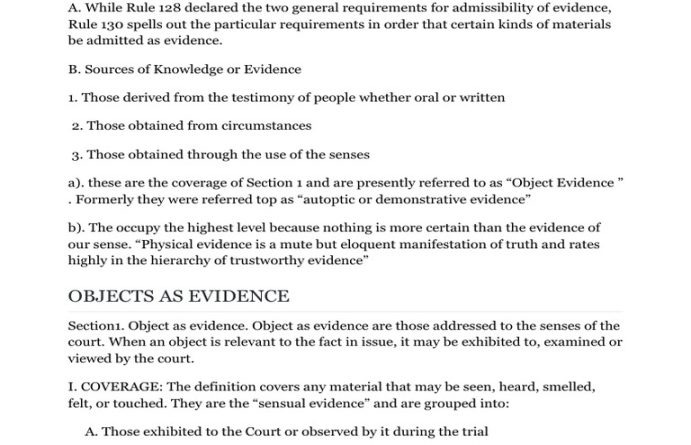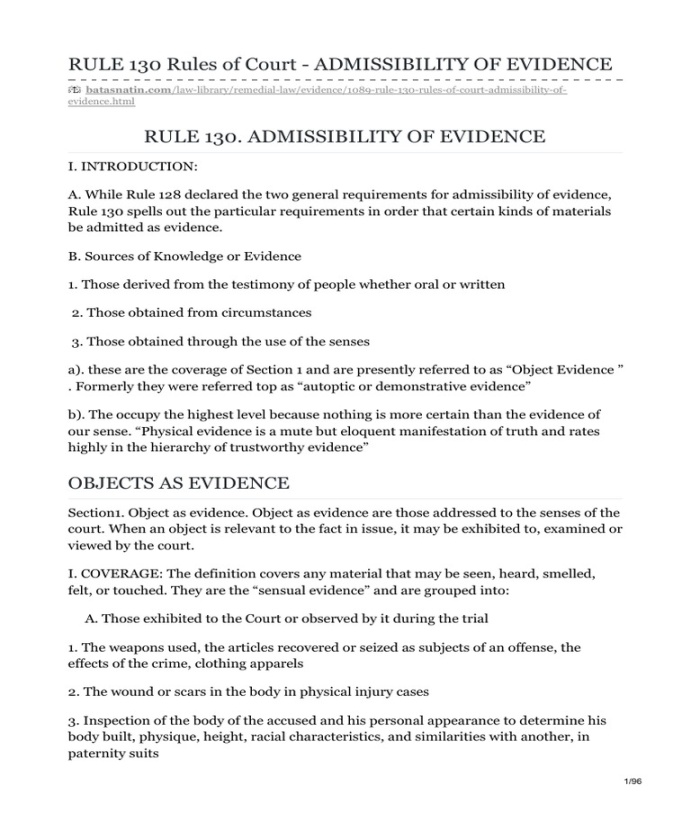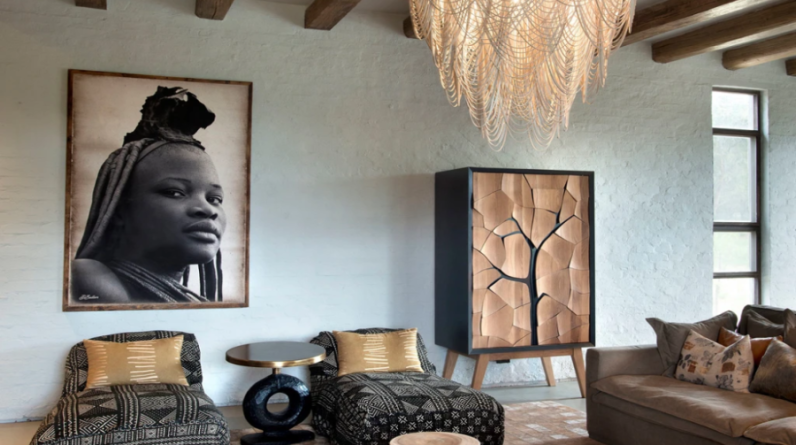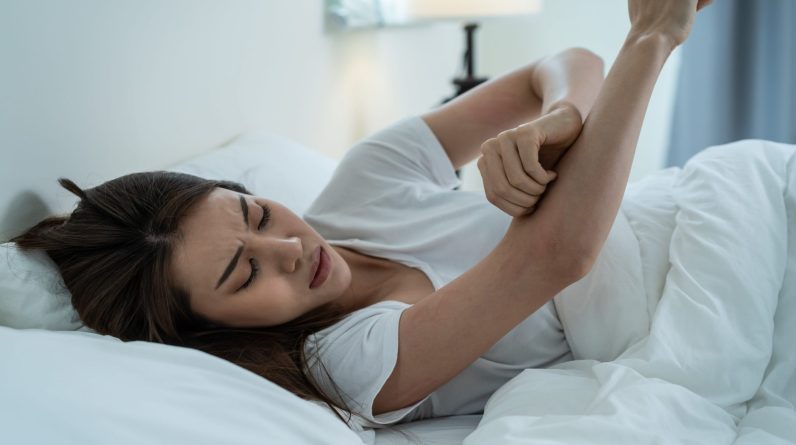
Booking photographs, also known as mugshots, have long been a controversial topic when it comes to their admissibility as business records. These photographs are taken by law enforcement agencies when a person is arrested and are typically used for identification purposes. But can they also be considered business records? Let’s dive deeper into this intriguing question.
Booking photographs are often taken in a controlled setting, with the individual facing the camera and holding a placard with their name and booking number. These photographs are then stored in a database and can be accessed by law enforcement agencies, attorneys, and other authorized personnel. But when it comes to their admissibility as business records, things get a bit more complicated.

In order for a document to be considered a business record, it must meet certain criteria. The document must have been created in the ordinary course of business, it must be kept in the regular course of business, and it must be relied upon by the business to conduct its operations. So how do booking photographs fit into this framework?
One argument in favor of considering booking photographs as business records is that they are created in the ordinary course of law enforcement operations. When a person is arrested, it is standard procedure to take a booking photograph as part of the intake process. This photograph is then used by law enforcement agencies for identification purposes and is an integral part of the arrest record.
Additionally, booking photographs are kept in the regular course of business by law enforcement agencies. These photographs are stored in a secure database and are easily accessible to authorized personnel. They are often used in criminal investigations, court proceedings, and for identification purposes, making them a crucial component of law enforcement operations.

Furthermore, booking photographs are relied upon by law enforcement agencies to conduct their operations effectively. These photographs help law enforcement officers identify suspects, track criminal activity, and ensure the safety and security of the community. Without access to these photographs, law enforcement agencies would be at a significant disadvantage in carrying out their duties.
Despite these arguments in favor of considering booking photographs as business records, there are also valid concerns about their admissibility. Some argue that booking photographs are inherently biased and can perpetuate stereotypes and prejudices. There is also the issue of privacy rights, as booking photographs are often made public and can have lasting consequences for individuals who have been arrested.
In conclusion, the admissibility of booking photographs as business records is a complex and nuanced issue. While there are valid arguments both for and against their classification as business records, it ultimately comes down to how they are used and relied upon by law enforcement agencies. As technology continues to evolve and new challenges arise, it is important to carefully consider the implications of classifying booking photographs as business records.
Say Cheese! How Booking Photos Can Be Business Records
Booking photographs, more commonly known as mugshots, are often associated with criminal activity and law enforcement. However, these seemingly mundane snapshots have the potential to be valuable business records in certain contexts. In this article, we will delve into the admissibility of booking photographs as business records and explore the unique ways in which they can be utilized.
When we think of business records, we typically envision financial documents, invoices, and contracts. However, booking photographs can also fall under this category under specific circumstances. In the legal world, business records are defined as any document or piece of information created or received in the course of business that is relied upon to conduct business. This definition is broad enough to encompass booking photographs, especially in industries where identifying individuals is crucial.
One such industry where booking photographs can serve as valuable business records is the security sector. Security companies often rely on visual identification to monitor and track individuals entering and exiting a premises. By maintaining a database of booking photographs, security personnel can quickly identify potential threats or persons of interest. In this context, booking photographs serve as a vital tool in maintaining the safety and security of a business.
In addition to the security sector, booking photographs can also be utilized in the hospitality industry. Hotels, resorts, and event venues may require guests to provide a form of identification upon check-in. By cross-referencing booking photographs with guest identification, businesses can ensure the safety of their premises and prevent unauthorized individuals from gaining access. Furthermore, booking photographs can aid in resolving disputes or issues that may arise during a guest’s stay.
The admissibility of booking photographs as business records hinges on their accuracy and reliability. In order for a booking photograph to be considered a business record, it must be properly maintained and stored in a secure manner. Furthermore, the process of capturing and storing booking photographs must adhere to legal guidelines and regulations to ensure the privacy and rights of individuals are protected.
When it comes to utilizing booking photographs as business records, businesses must also consider the ethical implications. While booking photographs can be a valuable tool in maintaining security and verifying identities, businesses must exercise caution in how they handle and utilize this sensitive information. Proper consent and authorization must be obtained before collecting and storing booking photographs to avoid potential legal repercussions.
In conclusion, booking photographs have the potential to be valuable business records in certain industries where visual identification is critical. Whether used for security purposes in the security sector or for guest verification in the hospitality industry, booking photographs can play a crucial role in maintaining the safety and security of a business. By ensuring the accuracy, reliability, and ethical handling of booking photographs, businesses can harness the power of these seemingly mundane snapshots to enhance their operations and protect their interests. Say cheese!
Are Booking Photographs Admissible As Business Records





